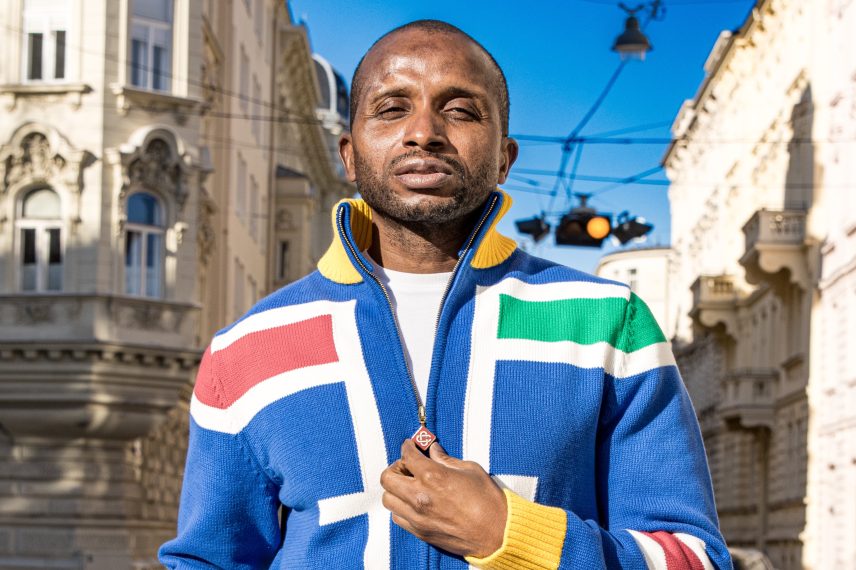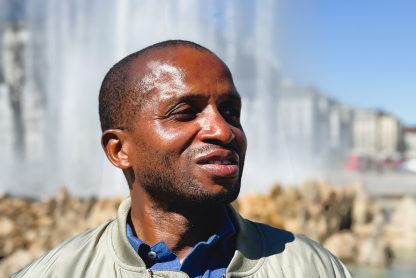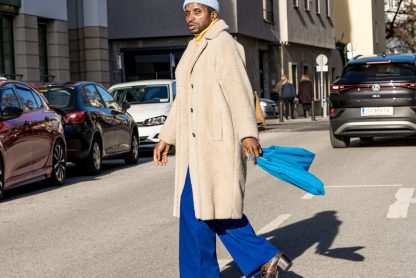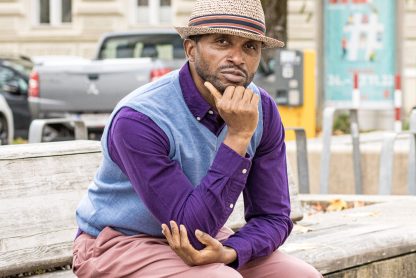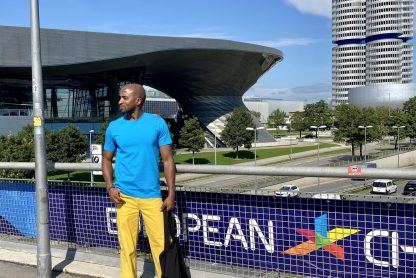Representation is more than simply seeing someone who looks like you on a screen or in a position of power. It is about validation, understanding, and affirmation of our identities. For those of us who are both LGBTQIA+ and of African descent, representation can be a lifeline in a world that often doesn’t understand our unique experiences. It plays a critical role in shaping our sense of belonging, mental health, and self-worth.
In this blog post, I’ll talk about why representation matters so deeply for our community, the challenges we face, and how seeing ourselves in society can change our lives. Let’s elaborate on the power of visibility and how it helps when our stories are told honestly and respectfully.
The Obstacles We Encounter
Being of African descent and LGBTQIA+ comes with a unique set of challenges. We frequently encounter homophobia and transphobia within our communities, as well as racism within the wider society, even within LGBTQIA+ communities. These interconnected forms of discrimination can be profoundly isolating and disheartening. If our stories and experiences aren’t told, it can feel like our struggles are invisible, and our voices aren’t heard.
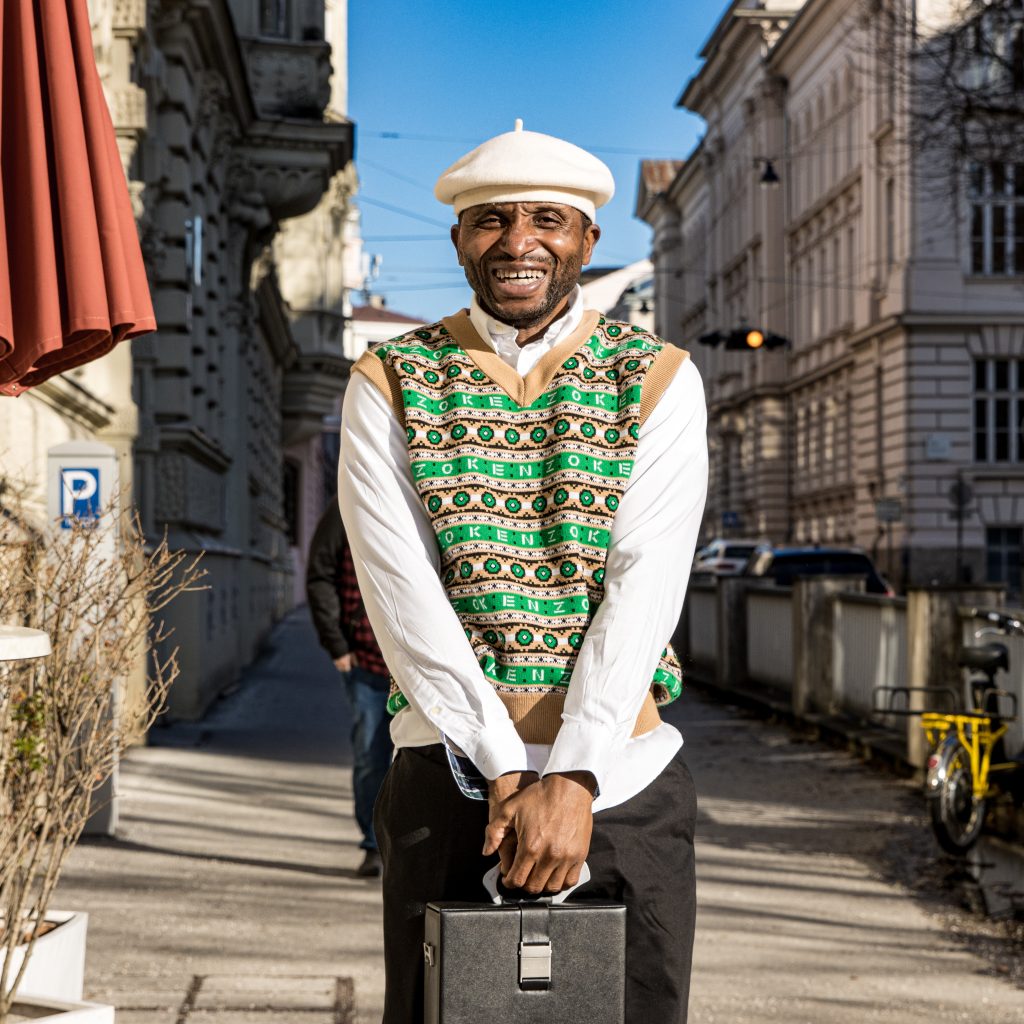
Seeing Ourselves in the World
Growing up, I rarely saw people who looked like me or shared my experiences in the media, politics, or LGBTQIA+ advocacy groups. This lack of representation can make us feel like we don’t matter. When we see people like us in positions of influence or in the media, it reminds us that we aren’t alone. Representation helps us break down harmful stereotypes and misconceptions about ourselves.
Inspirational Role Models
Representation gives us role models who motivate us to be our authentic selves. When we witness the flourishing of LGBTQIA+ individuals of African descent, it provides us with hope and a vision of what is feasible. These role models show us that we can reach our dreams and live freely and proudly. They provide a roadmap for navigating our identities in a world that tells us we have to choose one over the other.
Creating Safe Spaces
Having representation in various fields, such as media, politics, and community leadership, helps create safe spaces for us. It ensures that our unique needs are considered in policymaking, healthcare, education, and other areas. When we get involved in these important conversations, we can make changes that make a difference in our lives.
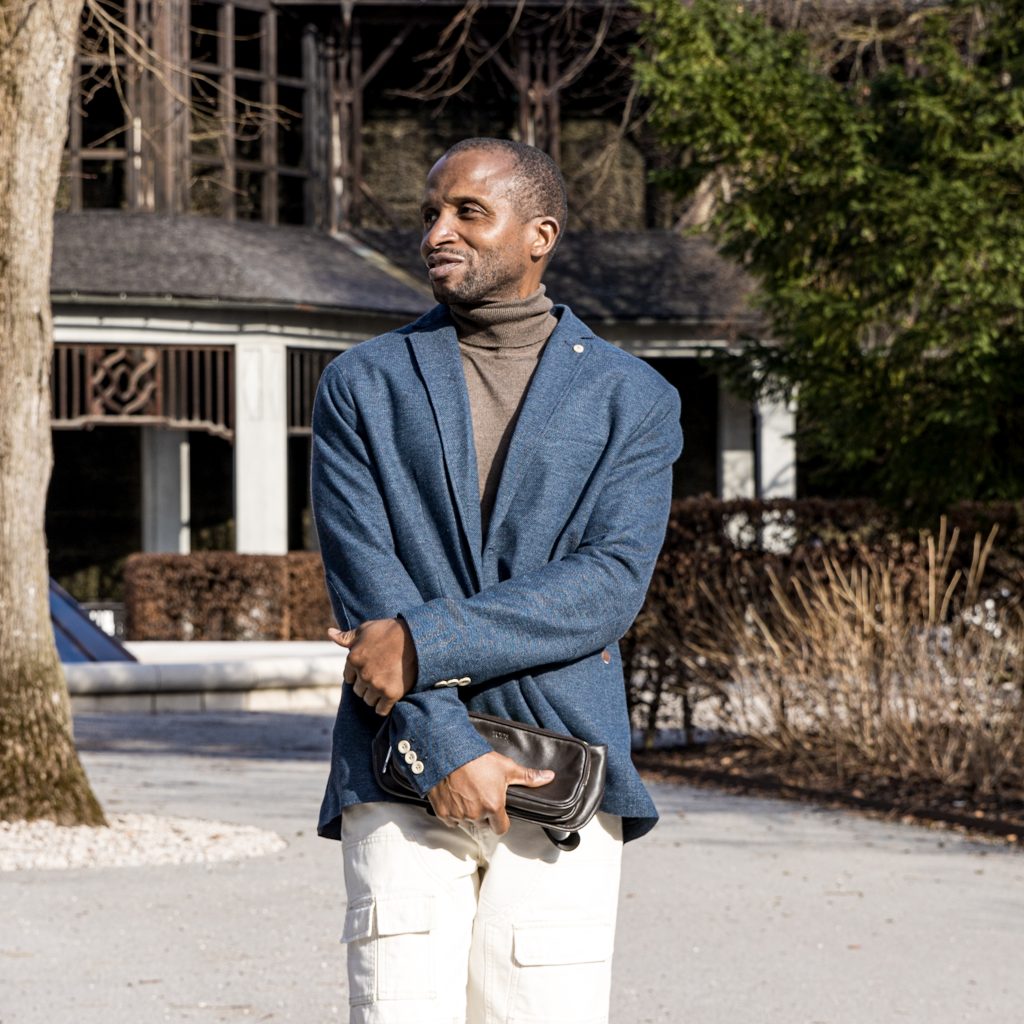
Cultural Affirmation
Our culture is very significant to who we are. Representation allows us to celebrate our cultural backgrounds while embracing our LGBTQIA+ identities. It affirms that we do not have to decide between our heritage and our sexual orientation or gender identity. We can be proud of both and lead a fully integrated life.
Empowering Change
By supporting and advocating for representation, we empower ourselves and others to tell their stories. This helps the narrative and fosters a cycle of visibility and acceptance. The more we are encouraged to step up, speak out, and be visible, the more we see ourselves represented.
Conclusion
Representation matters profoundly for LGBTQIA+ individuals of African descent because it validates our experiences, and empowers us to live authentically. It is not just about being seen, it is about being understood, respected, and celebrated. Let’s continue to advocate for more inclusive representation in all areas of life, so that every voice is heard, and every story is told.
I greatly appreciate you taking the time to read my thoughts. Let’s keep working to create a world where everyone feels seen and valued.
With love and solidarity.




